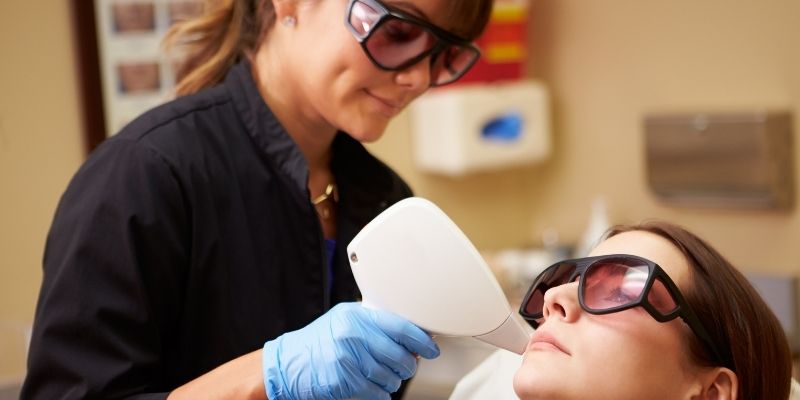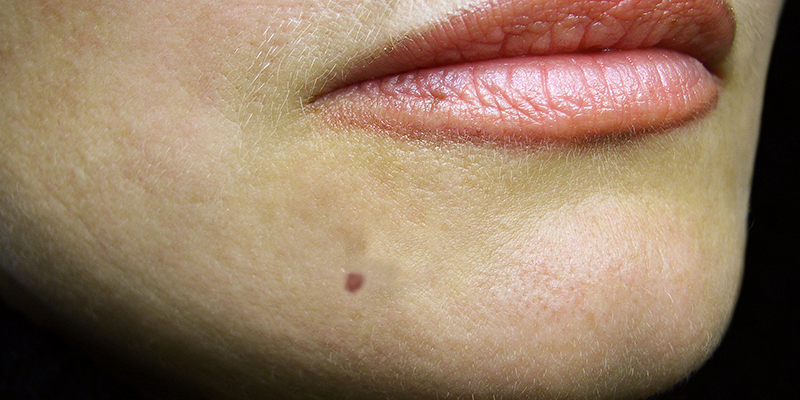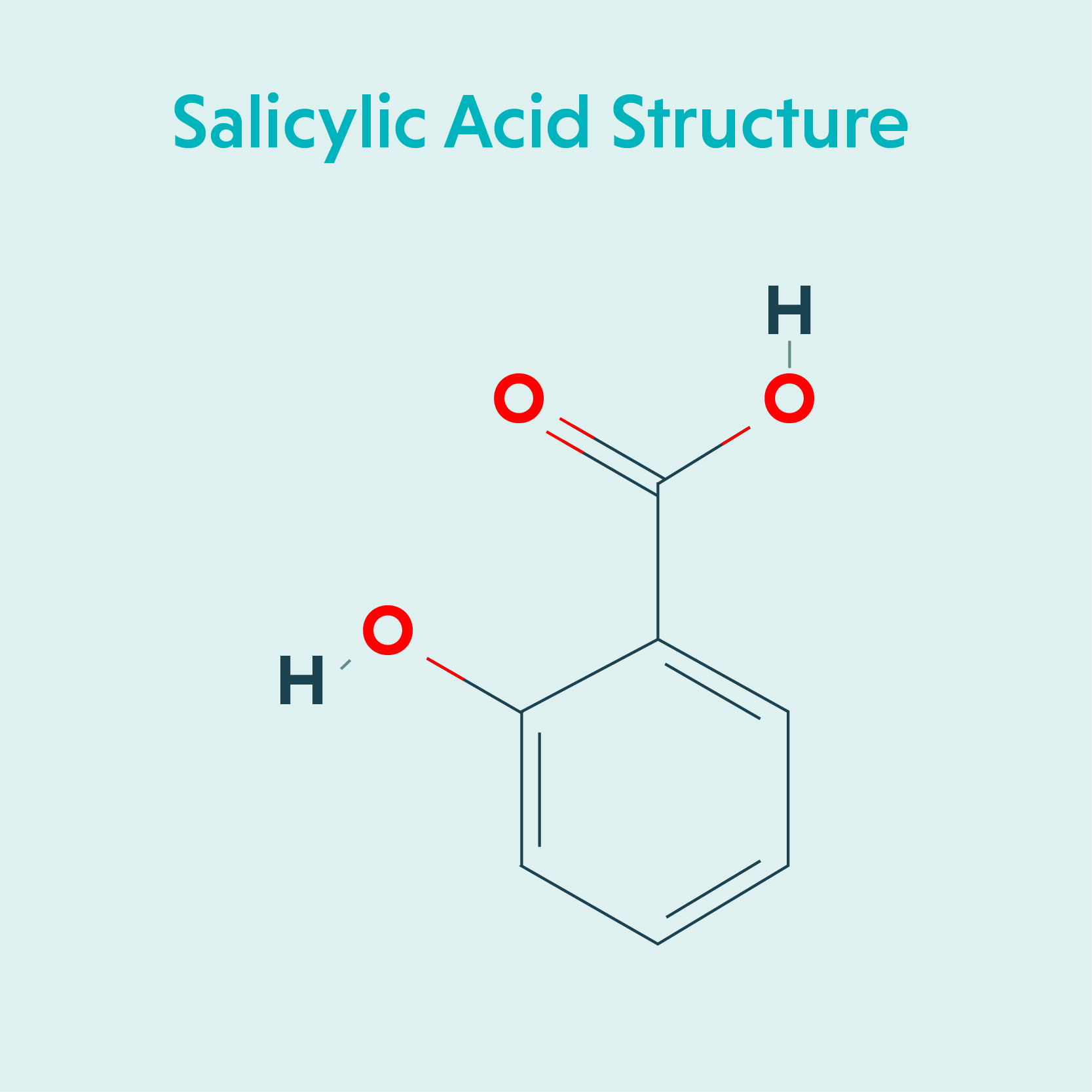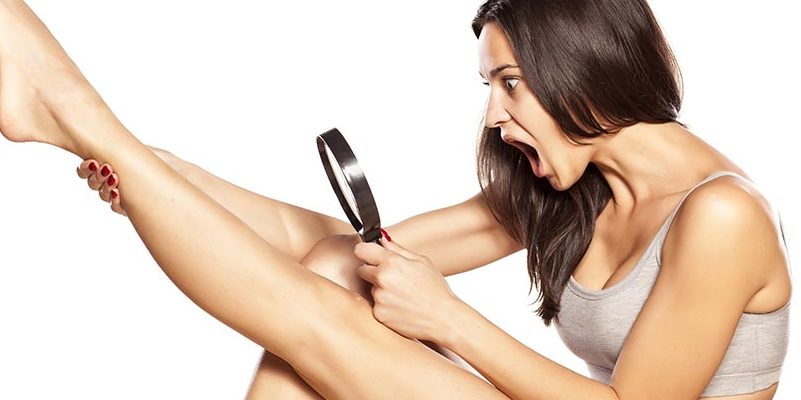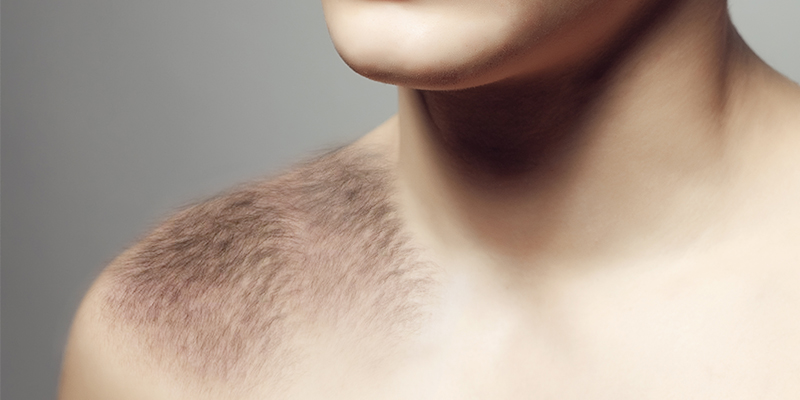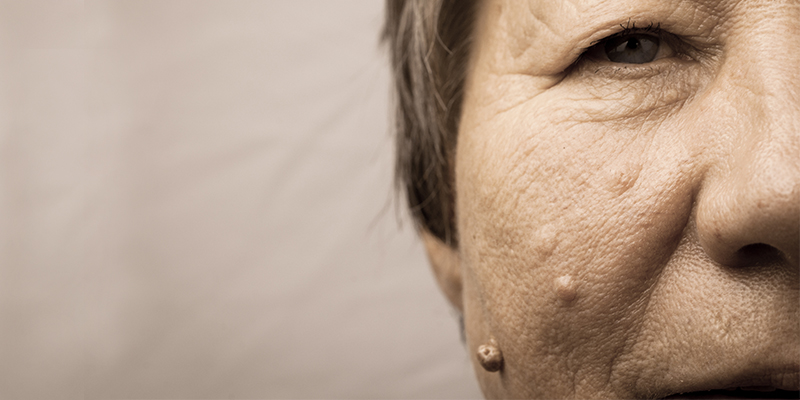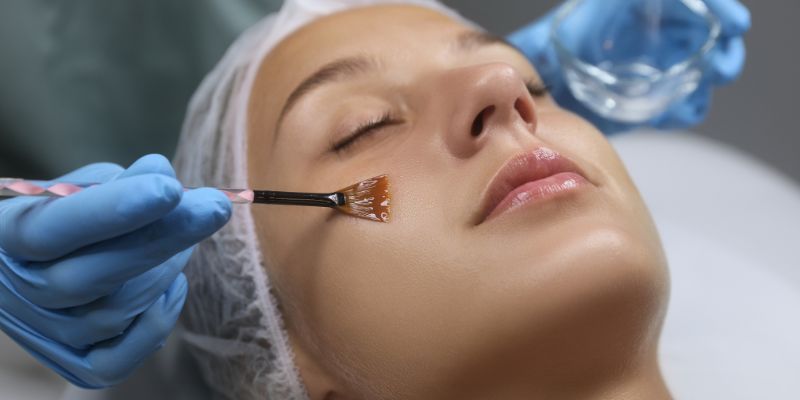Laser Skin Treatments In India: Benefits, Side Effects & Cost
Laser treatments have been around since the late 1960s. Many dermatology clinics nowadays advertise laser treatments for a whole host of skin conditions with confusing options for people. Many use low standard laser machines that do not adhere to quality and safety standards, and at the same time, make false claims and exaggerated promises. Therefore, it is necessary to research carefully, making sure to choose those laser skin clinics that maintain the highest standards of quality.
How Does Laser Skin Treatment Work?
A laser is a high-intensity beam of light with a narrow wavelength spectrum and a high level of energy. It allows the dermatologist using it to focus carefully on the smallest areas of skin and hair and treat with precision.
This light energy converts into heat energy when used on the skin – to target a specific chromophore, which can be melanin, water, tattoo pigment, haemoglobin etc. without harming the surrounding tissue. As a result, lasers can target unwanted hair, skin blemishes and dark marks, some types of tattoos, birthmarks and even fine lines and wrinkles.
Must Read: How To Become Fair?
Different Laser Skin Treatments Available In India
Laser treatments address many skin and hair concerns, and dermatologists use it in most areas of the body. Laser treatments include reduction of hair, acne scars, hyperpigmentation, sunspots, age spots, birthmarks etc. Here are the details of the options available–
- Laser Hair Reduction: LHR helps reduce excessive unwanted hair on the body. Over several sessions, the lasers target the stem cells in the hair follicles and destroy the cells responsible for growth, effectively reducing the amount of hair.
Must Watch:
- Laser Treatment For Hyperpigmentation: Lasers can target darker pigments of skin because modifiable wavelengths allow them to adjust between penetrating the surface and the deeper layers. Some lasers lighten the skin by using heat to destroy cells in the affected areas, while others, (like Q-Switched lasers), use the photoacoustic effect to cause vibrational damage to break the pigmentation apart. Laser toning can help treat a variety of skin concerns including age spots, dark spots, pimple marks, vascular lesions, nevi, specific birthmarks, dark circles, uneven skin tone, spider veins and melasma.
Must Watch:
- Laser Acne Scars Treatment: In this treatment, lasers destroy the surface of the scarred tissue, hence promoting an increase in collagen production in the area. Upon healing, scars improve and become almost invisible. Beyond just treating the concerns, this therapy rejuvenates the skin overall by restoring its youthful glow.
- Laser Skin Tightening Treatment: Lasers get rid of skin flaws much faster than any other technique by promoting new and healthy collagen formation. Due to the principle of controlled tissue damage, as the skin heals, increased collagen levels tighten the skin. Lasers can soften fine lines, Smoker’s lines, pucker marks, frown lines, Crow’s feet, uneven skin tone and wrinkles associated with age.
Must Watch:
Must Read: What Is The Cost Of Skin Whitening Treatment?
Laser Skin Treatment Cost In India
The cost of laser treatment in India varies between Rs 1,000 to Rs 30,000 per session. Generally, clients pay a fee per session. If the treatment completes within a single session, they pay the total fees upfront. To make it more lucrative, clinics offer a few sessions together as a package at competitive costs. The factors that influence the costs are the technology used, the expertise of the dermatologist, the clinical procedure required and the quality standards maintained at the clinic.
Side-Effects Of Laser Skin Treatment:
Laser treatments do involve a few side effects, though they are minor ones. There are small risks of unwanted scarring, redness, pain, minor infections and sometimes bleeding. All these side effects are temporary and mostly subside with time. There is a marginal risk of side effects if you opt for a laser treatment at a reputed clinic under the supervision of an experienced dermatologist.
Must Read: What Is Laser Skin Resurfacing?
Types Of Lasers Used For Skin Treatments:
Here are some of the types of lasers used by dermatologists to treat various skin conditions:
Here are some of the types of lasers used by dermatologists to treat various skin conditions:
- Pulsed Dye Laser: Pulsed dye lasers target oxyhemoglobin thus are ideal for treating vascular birthmarks, haemangiomas, spider veins etc. Pulsed Dye Lasers are ideal for reducing the appearance of reddish acne scars, blood vessels and other irregularities of the skin.
- Neodymium-doped Yttrium Aluminium Garnet Laser: Nd: YAG is a crystal medium for solid-state lasers. It is a popular choice for its ability to tackle a wide variety of pigmentation concerns and its ability to improve skin tone and texture with minimal side effects. It is a popular choice for laser tattoo removal.
- Q-Switched Lasers: These are Nd: YAG lasers, which operate in short nanosecond pulse durations. This laser is popular for treating skin discolouration, uneven skin tone, and dermatologists use it widely for the removal of a tattoo and pigmented birthmarks.
- Intense Pulsed Light (IPL) Laser: IPL is not a laser per se, but the two share similarities. IPL uses interval bursts of high-powered light of a wider spectrum (while lasers have only one spectrum) to target both dark brown spots (melanin) and inflamed blood vessels (red). This property makes IPL indispensable to dermatology treatments.
- Carbon Dioxide Laser (CO2): This ablative laser uses gas to generate infrared light. It is popularly used for skin rejuvenation and resurfacing to treat a variety of concerns.
- Erbium Yttrium-Aluminium-Garnet (Er: YAG): This ablative laser uses white metal, which eventually produces an infrared beam. Er: YAG laser can treat scars, fine lines and wrinkles with minimal damage to the tissue around the target area. The side effects of this procedure are minimal compared to a CO2 laser, making it a preferred choice in ablative laser treatments.
- Alexandrite Laser: Using light-heat conversion, Alexandrite lasers target tissues with precision causing almost no collateral damage. It uses a green crystal to create a spectrum of light that can pass through the skin. It can treat superficial blood vessels and remove tattoos and unwanted hair.
Must Read: IPL Vs Laser Hair Removal
The market is full of laser treatments that promise almost magical results. Lasers are incredibly powerful tools in the field of dermatology treatments, but any carelessness in using them can cause irreversible damage. Be careful to choose a clinic that follows safety protocols and opt for a laser treatment under the supervision of an experienced dermatologist. A doctor is the best person to advise the right laser treatment for you.
Our certified subject matter experts do extensive research and collate facts from reputed scientific journals and international studies to create informative and engaging articles related to all your dermatology concerns. They strive to help you decipher medical jargon, distinguish fact from fiction and overcome paranoia. Our qualified medical board or expert panel goes a step further to verify these facts based on their rich academic knowledge, vast clinical experience and critical industry insights to ensure you consume only medically accurate content that empowers you to make informed decisions about your hair and skin-care treatments and weight management. Check out our Editorial policy for further details
https://www.ncbi.nlm.nih.gov/pubmed/7496667https://www.ncbi.nlm.nih.gov/pubmed/25049127


